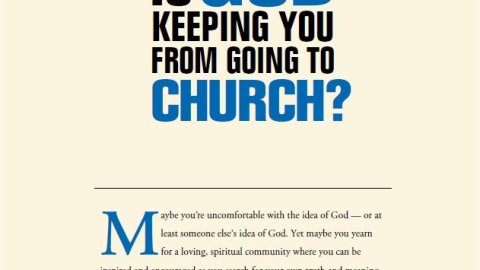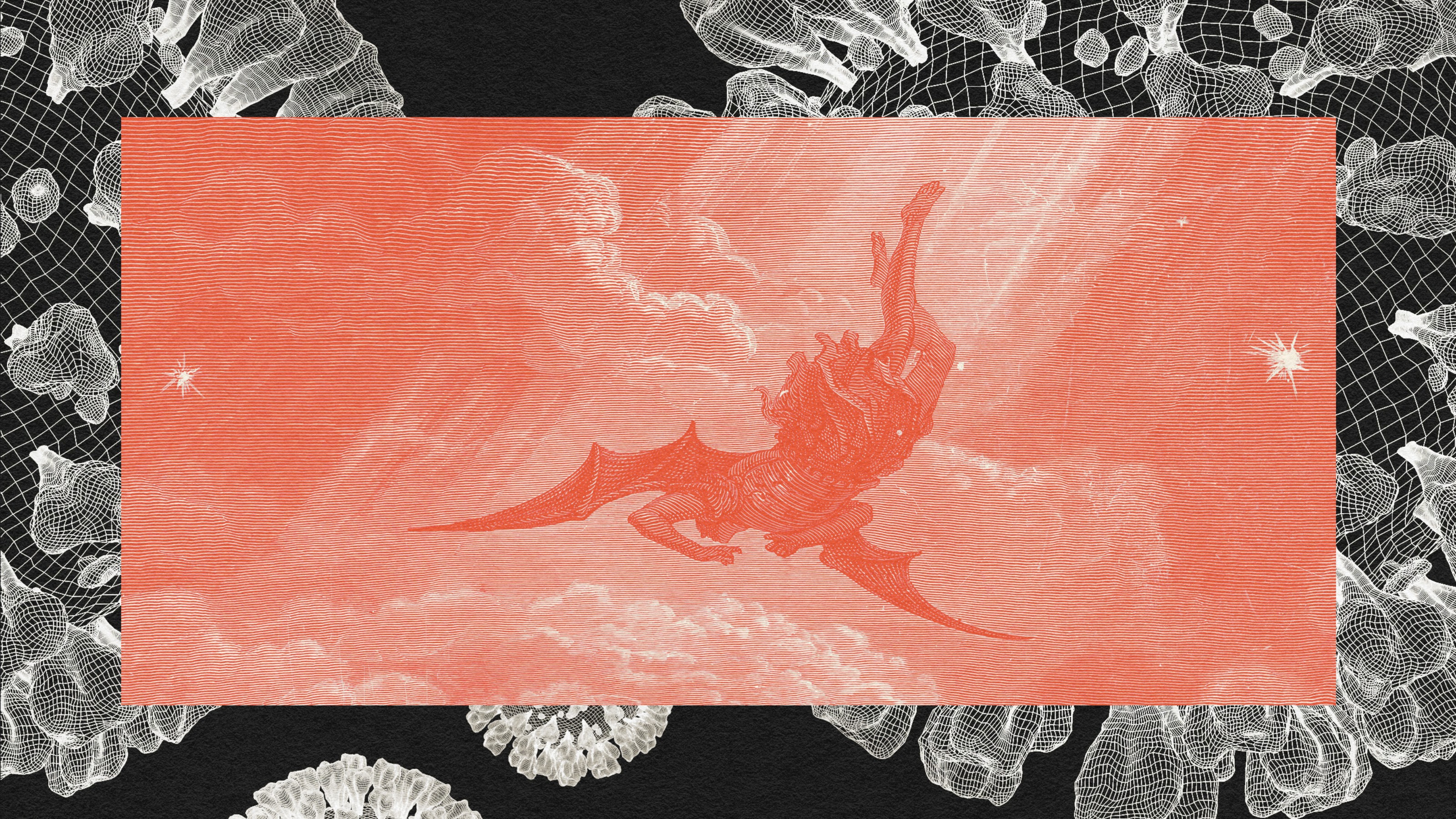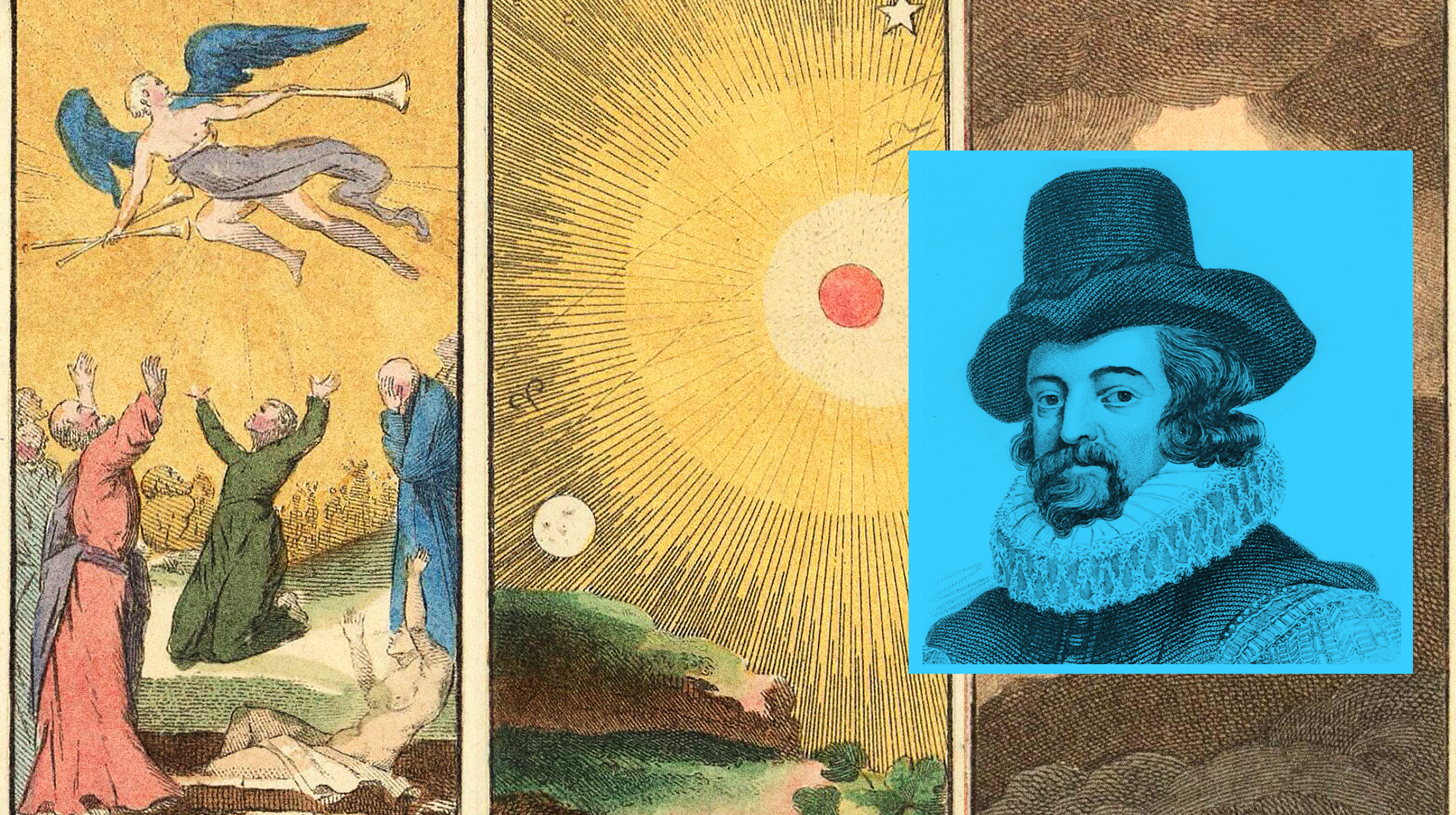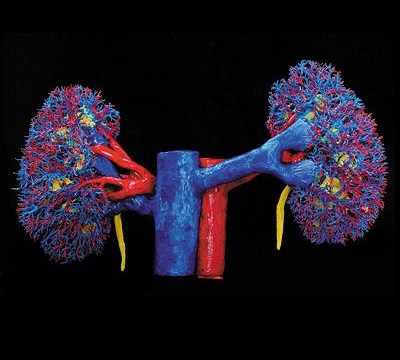Can an Atheist Be a Unitarian Universalist? (Part 2)

In my previous post, I quoted the letter I wrote to John Buehrens, Unitarian Universalist minister, to ask if he stood behind the anti-atheist denunciations in his book A Chosen Faith. The same evening I sent it, I got a response. I regret to report that not only did Buehrens not express regret for his language; he doubled down on it, with more insults and accusations even worse than what’s in the book. His reply is reproduced in full below:
Dear Adam,
The relationship between religion and violence is complex. But the reaction against religion is often far more murderous than those disillusioned with religion will allow. My claim is that religion, at its best, across confessional lines, tries to stop, or at least reduce, the cycle of violence and revenge.
Cultural evolution, I believe, supports this. Some of the most murderous episodes in modern history have been in attempts to get rid of religion entirely. Example 1): During the French Revolution, no sooner had the Goddess of Reason been set up in Notre Dame than the Terror began, with the guillotine.
2) This summer my wife and I went to what Yale historian Tim Snyder calls The Bloodlands: Europe Between Hitler and Stalin. Both tyrants hated religions of the Golden Rule. Hitler hated the Jews for introducing what became Christianity, which he regarded as wimpy, weak and lacking in a basis for German “volkische” self-assertion. Stalin had studied for the priesthood, yet began that period by deliberately starving 3 million Ukranian peasant families. Between the two of them, they orchestrated state policies – quite apart from war – that murdered, between 1930 and 1945, some 35 million people.
3) During the Maoist “cultural revolution” in China every temple, monastery, church, mosque, seminary, and shrine around was closed or destroyed. When I visited there in 1995, shortly before preparing the second edition of this book, I was shocked to discover that, even under the new policy of “(limited) religious freedom,” all the religious leaders available were either in their 30s or their 80s, because everyone in between had been murdered, among millions more.
I have a great deal of respect for MOST atheists. I usually ask them, “Tell me about this god that you don’t believe in.” It’s often a caricature that I do not believe in either. But when the so-called “new atheists,” who are mostly over-grown spiritual adolescents fighting their parents’ gods while pretending to be intellectuals, spout hatred toward all religion, I feel called to push back. There are, and always have been, open and more progressive forms of religion. Unitarian Universalism is not only progressive and open, but rather relentlessly so; and non-violent, except when pushed to abolish slavery or protect basic democracy and human rights. Which does not mean tyrants have not tried to silence, kill or marginalize voices like ours.
Religion, like anything else, can be misused. But when conflicts arise it is rarely if ever the spiritual core of religion that is to blame. It is conflict over economic and political power into which real religion is then dragged, abused and distorted.
We stand for the real, ethical, spiritual core or religion across confessional and tribal.. We have plenty of room even for authentic, non-violent “atheists” or skeptics. But I will not allow those filled with murderous hatred of religion to get away with pretending that zealous atheism has not at times been a demonic pseudo-religion.
With warm good wishes,
John Buehrens
As I said, I’d expect this kind of insult and condescension from a Christian proselytizer, and it wouldn’t have bothered me. But to hear such raw, naked hate from a Unitarian Universalist minister felt like a slap in the face. He literally repeated all the worst guilt-by-association arguments of Christian fundamentalists, lacking only the threats of hellfire.
I had expected, naively, that there was a possibility Buehrens would regret writing what he did when challenged on it; that he hadn’t realized there were real people who actually hold the views he attacks. Even a “I’m sorry if you were offended” non-apology would have been better. Instead, he went out of his way to scorn me and to emphasize that, as far as he’s concerned, people who think as I do aren’t welcome in Unitarian Universalism.
I don’t doubt that Buehrens and I agree on most every political issue of importance. Nor do I doubt that atheists in general are a far better ally to Unitarian Universalists than most Christian denominations ever will be. But in spite of that, when I openly voice my viewpoint, he turns on me and throws his lot in with the fundamentalists in mirroring not only their arguments but their attitude. (He does emphasize that he’s perfectly okay with atheists who don’t criticize religion – “authentic” atheists, as he calls them, as if I’m not – which is just another example of the tone-trolling by arrogant majorities who presume to tell minorities what views they may hold and in what manner they can express themselves.)
Of course, I’m not one to let abuse of this kind slide. Coming up: My reply to John Buehrens’ tirade, and a wider picture of the relationship between atheism and Unitarian Universalism as a whole.
Image credit: Unitarian Universalist Association





